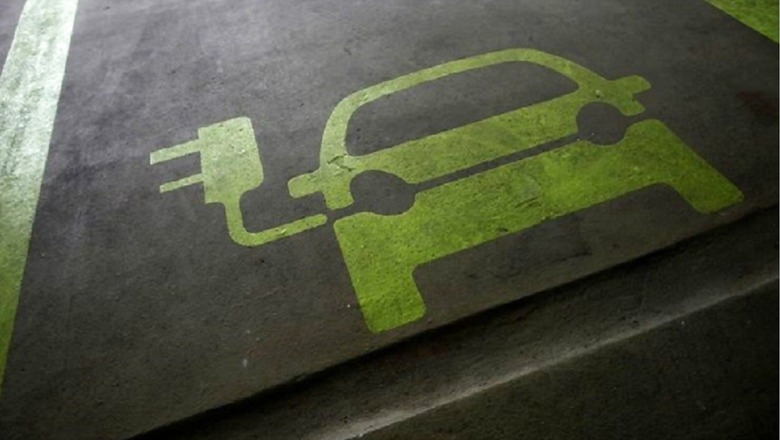
views
The Delhi Pollution Control Committee (DPCC) has become the first government body in the national capital to completely switch to electric vehicles, officials said on Wednesday. According to the Delhi Electric Vehicle Policy 2020, all departments of the city government have to shift to electric vehicles via lease model.
The DPCC has hired 29 Tata Nexon electric cars for a period of five years, becoming the first government body in Delhi to completely switch to green vehicles. Five more such cars will be hired soon, DPCC Member Secretary K S Jayachandran said. A work order to this effect was issued on July 23.
Convergence Energy Service Limited, a Public Sector Undertaking, will provide these E-vehicles to the city government for use from September 1. “This adoption of E-vehicles by the DPCC will play a key role in motivating citizens to switch over to electric vehicles and overcome their psychological resistance to adopting EVs," Jayachandran said. Another 20 to 25 cars will be hired by the Environment department soon.
A transition to e-mobility is one of the best solutions for combatting the challenges of air pollution and the climate crises with electrification mode being a pollution-free, energy-efficient and sustainable form, the official said. Delhi is aiming at increasing EV registrations in the city to 25 per cent of total vehicles sold by 2024.
While the government in India is working aggressively to put out a credible infrastructure for electric vehicles, technology is also fast-evolving and the EVs of today are akin to an IC-engine vehicle with the same creature comfort, same driving dynamics and hat not.
Also Watch:
So it all boils down to the pricing of a vehicle. You see, no matter what yardstick you take to compare the two machines, EVs are not at all pocket friendly as compared to conventional petrol/ diesel vehicles, at least when it comes to the initial cost of ownership. One might argue the overall lifetime cost of EVs is less than a petrol car, for example, but we don’t compare prices when we buy any new thinking what will happen 10 years down the line. Do we?
And so, the onus is both on manufacturers and governments to take this pricing issue seriously for pushing the EV penetration in India. This is where our Federal structure works beautifully. While the central government is putting efforts by offering subsidies under the FAME II scheme, state governments are further helping buyers by offering additional benefits.
.
Read all the Latest News, Breaking News and Coronavirus News here.
















Comments
0 comment